Unveiling the Hidden Dangers: Why Red Bull is a Health Hazard
Hey there, fellow health seekers! I remember the days when I reached for a can of Red Bull, thinking it was my secret weapon for tackling busy days. But as I dove deeper into understanding what I was consuming, I discovered some unsettling truths. Did you know that a single can packs as much caffeine as a cup of coffee, with sugar levels that could rival a decadent dessert? In this article, I’ll share what I’ve learned about the potential health risks of Red Bull, hoping to empower you with insights and encourage healthier choices.
The Health Risks of Red Bull: A Comprehensive Overview
Understanding the potential health risks associated with Red Bull is essential, especially if you’re considering it as a regular part of your diet. Below, we delve into the effects of its key ingredients and what they could mean for your well-being.
The Damaging Effects of Caffeine and Sugar
Red Bull’s high caffeine content is often touted as a quick energy fix, but it can have significant health implications. I remember the jittery feeling after drinking it on an empty stomach, my heart racing faster than I was comfortable with. Consuming large amounts of caffeine can lead to an increased heart rate, elevated blood pressure, and heightened anxiety levels. For those sensitive to caffeine or with pre-existing health conditions, these effects can be particularly concerning.
Let’s not forget about the sugar. Red Bull is loaded with it, which can contribute to a range of health issues. High sugar intake is a well-known factor in developing obesity, type 2 diabetes, and dental problems like tooth decay. The combination of caffeine and sugar can also lead to caffeine addiction, insomnia, and heart palpitations, further elevating blood pressure.
Regular consumption might even lead to adrenal fatigue. This happens when your adrenal glands are overstimulated to produce adrenaline, leaving you exhausted over time. Plus, the drink’s high acidity and ingredients can cause digestive disturbances, such as nausea, vomiting, and diarrhea.
How Artificial Sweeteners in Red Bull Affect Your Health
If you’re reaching for the sugar-free version of Red Bull, it’s crucial to understand the potential health risks of artificial sweeteners. While these sweeteners cut down on sugar, they may still pose a risk for type 2 diabetes. Research suggests they can alter gut bacteria, which is vital for a healthy metabolism.
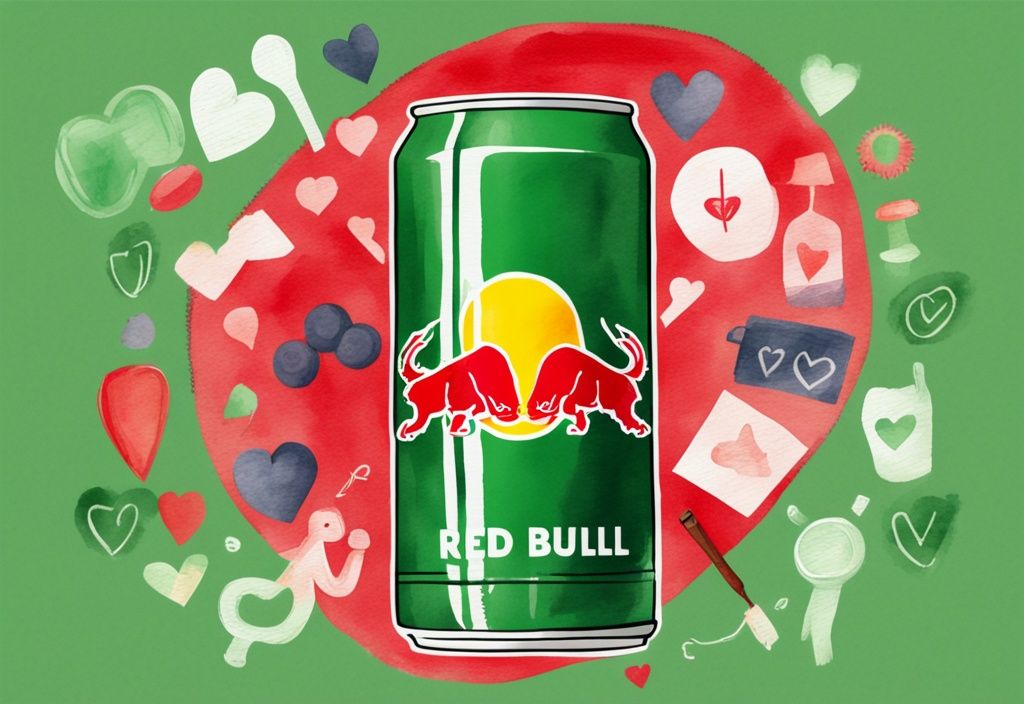
These sweeteners might also impact metabolic processes in other ways. Although the long-term effects are still under study, current evidence suggests exercising caution. Being aware of these potential risks can help you make informed choices when considering sugar-free energy drinks as an alternative.
Red Bull and Cardiovascular Health: What You Need to Know
Red Bull’s impact on cardiovascular health is a topic of growing concern, especially for those of us striving for a healthier lifestyle. Let’s explore how this popular energy drink can affect your heart and what it means for your overall well-being.
Red Bull’s Impact on Blood Pressure and Heart Rate
I’ve often found myself reaching for a can of Red Bull during those energy slumps, but it’s crucial to understand what happens next. The caffeine in Red Bull is a powerful stimulant, and it can make your heart race and your blood pressure soar. This might not seem like a big deal if it happens occasionally, but for those who drink Red Bull regularly, it can lead to more serious cardiovascular issues.
Conditions like cardiac arrhythmias, where the heart beats irregularly, chest pain, and hypertension become more likely with frequent consumption. These changes are particularly risky for anyone with existing heart problems or a sensitivity to caffeine. It’s a reminder to be mindful of what we put into our bodies, especially when it comes to our heart health.
The Connection Between Red Bull and Heart Conditions
The consequences of excessive Red Bull consumption can be severe, especially if you have a pre-existing heart condition. High caffeine levels can disrupt your heart’s rhythm, potentially leading to heart attacks or, in extreme cases, sudden death.
Over time, regularly drinking Red Bull might cause changes in your heart’s biochemistry, affecting its normal function. Some studies even suggest that Red Bull can lower cholesterol levels in the heart muscle, destabilizing cell membranes and further compromising heart health.
Understanding these risks is a crucial step in making informed choices about your health. If you’re considering drinking Red Bull regularly, it’s worth reflecting on these potential impacts and exploring healthier alternatives that support both your heart and overall well-being.
How Red Bull Affects Your Organs and Body Systems
Red Bull’s impact on our bodies is multifaceted, touching various organs and systems. Understanding these effects can empower you to make informed decisions about your health.
Red Bull and Kidney Health: The Dehydration Risk
I’ve often found myself reaching for a Red Bull during those long afternoons, craving that energy boost. But it’s important to consider what it does to our kidneys. The caffeine in Red Bull acts as a diuretic, increasing urine production. Without enough water intake, this can lead to dehydration, putting extra strain on the kidneys. Over time, this strain may contribute to chronic kidney issues, especially for those who consume Red Bull regularly. Staying hydrated is key to supporting kidney health.
The Negative Impact of Red Bull on Liver Function
When thinking about liver health, Red Bull’s sugar content is a concern. Excessive sugar can lead to fat buildup in the liver, raising the risk of liver damage and conditions like non-alcoholic fatty liver disease. Additionally, Red Bull contains artificial vitamin B6, which isn’t absorbed well by the body. Regular intake might cause a deficiency, further stressing the liver. Over time, this can hinder the liver’s ability to detoxify and perform its essential functions. Moderating sugar intake and choosing natural sources of vitamins can support liver health.
How Red Bull Can Damage Your Dental Health
I remember the surprise I felt when my dentist mentioned the impact of acidic drinks on tooth enamel. Red Bull, with its acidity, can erode enamel, the protective layer of our teeth. Once enamel is gone, it can’t be restored, leaving teeth vulnerable to decay and cavities. Regular consumption can lead to dental issues like increased sensitivity. Maintaining good oral hygiene and moderating Red Bull intake are crucial steps in safeguarding your dental health.
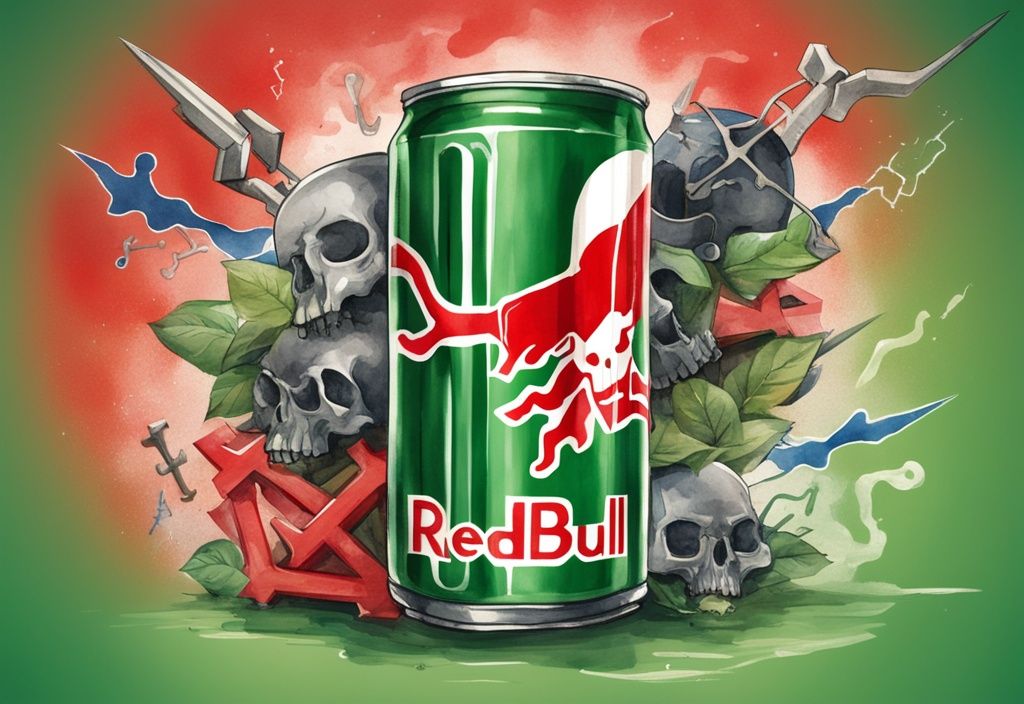
Red Bull and Mental Health: A Concerning Connection
Red Bull’s impact on mental health is a topic that deserves attention. This section delves into how this popular energy drink can affect your mental well-being, focusing on anxiety, mood swings, and more serious mental health concerns.
How Red Bull Can Trigger Anxiety and Mood Swings
The high caffeine content in Red Bull is a major reason why it’s often viewed as detrimental to health, especially mental health. Caffeine, a known stimulant, can increase nervousness and irritability. For some, drinking Red Bull can intensify feelings of anxiety, making it hard to stay calm and stable. While the initial boost might feel helpful, it often leads to jitteriness and restlessness, which can be particularly distressing for those already dealing with anxiety disorders.
Furthermore, Red Bull’s effect on blood sugar levels adds another layer of complexity to mental health. The drink can cause quick spikes in blood sugar, giving a short-lived energy boost. However, this is usually followed by a crash, leading to fatigue and mood swings. These ups and downs can disrupt emotional balance, making it tough to manage moods effectively. This instability can create a cycle of dependency, where more Red Bull is consumed to regain energy, only to face another crash later.
There’s also increasing evidence linking energy drinks like Red Bull to more serious mental health issues, including depression and anxiety disorders. The combination of caffeine, sugar, and other additives can significantly impact neurotransmitter function, potentially leading to long-term mental health challenges. For those already facing mental health conditions, consuming Red Bull can worsen symptoms, making it harder to achieve emotional balance. Understanding these potential mental health risks is crucial, and considering healthier alternatives for energy and focus is a wise step forward.
Special Groups at Risk from Red Bull Consumption
Red Bull, a well-known energy drink, can pose serious health risks for certain groups. Let’s delve into why pregnant women, children, and individuals with health conditions should be particularly cautious.
The Dangers of Red Bull for Pregnant Women and Children
When I was pregnant, I remember being extra cautious about everything I consumed. It’s crucial to be mindful because Red Bull’s high caffeine content can be particularly harmful during pregnancy. Caffeine crosses the placenta, potentially affecting fetal development. This can lead to complications like low birth weight or even preterm birth.
For children, the story is similar. Their bodies are still developing, and the combination of caffeine and sugar in Red Bull can lead to hyperactivity and sleep disturbances. I’ve seen firsthand how these ingredients can contribute to behavioral issues in kids. To protect the health and development of both pregnant women and children, it’s best to steer clear of Red Bull.
Why Individuals with Health Conditions Should Avoid Red Bull
If you’re dealing with health conditions, especially those related to the heart, Red Bull may not be your friend. Its high caffeine content can increase heart rate and blood pressure, which is risky for anyone with cardiovascular issues.
Moreover, Red Bull can interact with certain medications. I recall a friend who experienced adverse reactions when mixing energy drinks with her medication. It’s a reminder that avoiding Red Bull can help prevent worsening existing conditions and ensure medications work effectively. Prioritizing your well-being by skipping Red Bull is a wise choice for those with health concerns.
Red Bull and High-Risk Behaviors: A Dangerous Mix
Red Bull is often consumed for its energy-boosting effects, but when mixed with alcohol, it can create a perilous blend. This section explores the health risks associated with this combination, highlighting why it’s crucial to be cautious.
The Risks of Mixing Red Bull with Alcohol
Mixing Red Bull with alcohol can lead to significant health risks. The caffeine in Red Bull can mask the depressant effects of alcohol, creating a false sense of sobriety. This can encourage individuals to consume more alcohol than they might otherwise, underestimating their level of intoxication. For those curious about different safety concerns, you might wonder is Calphalon safe when considering cookware choices. Such misjudgment often leads to risky behaviors, like drunk driving or unprotected sex.
Moreover, the combination of caffeine and alcohol can negatively impact cardiovascular health. Caffeine, a stimulant, increases heart rate and blood pressure, while alcohol, a depressant, can have the opposite effect. Together, they place additional stress on the heart, potentially worsening existing cardiovascular issues or causing new ones. This interaction can lead to significant biochemical and structural changes within the heart, raising the risk of cardiac events.
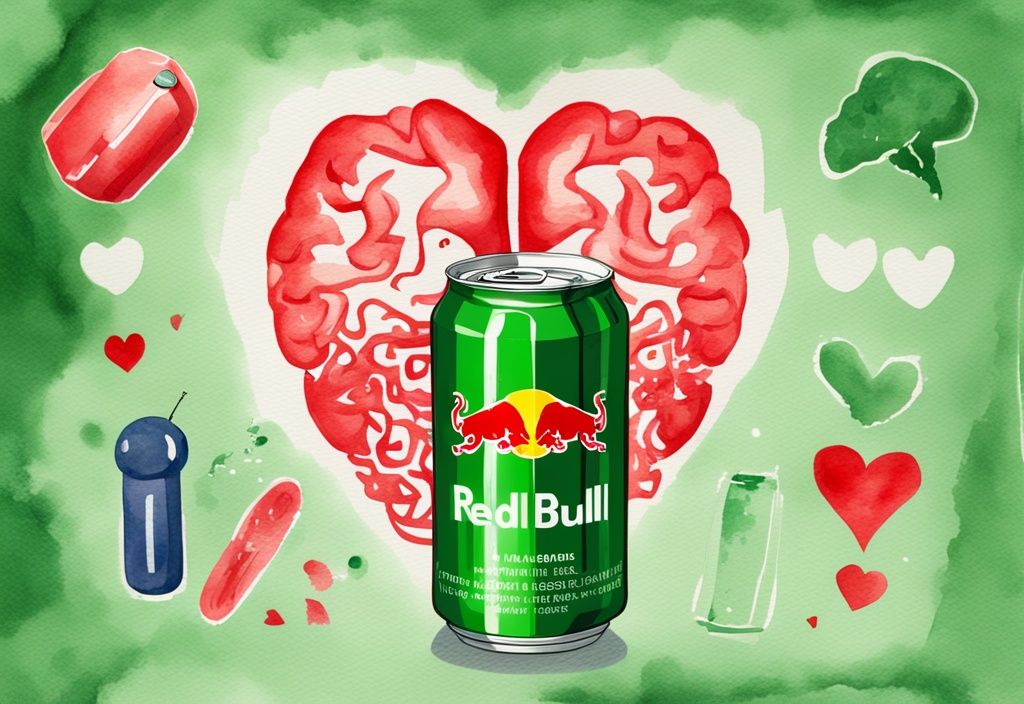
While Red Bull may offer a temporary energy boost, its combination with alcohol poses serious health risks. It’s essential to be aware of these dangers and consider the potential long-term consequences on health when choosing to mix these substances.
FAQs: Your Questions About Red Bull and Health Answered
Exploring the health implications of Red Bull can be eye-opening. Below, I address some common concerns and offer insights into healthier choices.
Is it Safe to Drink Red Bull Occasionally?
From my own experience, I’ve found that enjoying Red Bull in moderation is generally safe for those who are healthy. However, it’s important to listen to your body. If you have specific health conditions, a quick chat with your healthcare provider is wise. The ingredients in Red Bull might not be friendly to everyone, especially if certain medical issues are present.
What are Healthier Alternatives to Red Bull?
I’ve discovered that there are plenty of natural energy boosters that can replace Red Bull. Coffee and tea, for instance, offer a gentler lift without the sugar rush. Staying hydrated and eating a balanced diet also work wonders for maintaining energy levels. These choices not only boost your energy but also align with a healthier lifestyle.
Can Red Bull Cause Long-term Health Problems?
In my research, I’ve come across evidence suggesting that long-term consumption of Red Bull can be harmful. It can affect your cardiovascular health and organ function. Regularly drinking it might increase your risk of chronic conditions like type 2 diabetes, heart disease, and liver damage. It’s a reminder of how important it is to be mindful of what we consume over time.
Conclusion: The Final Verdict on Red Bull and Health
Red Bull, often seen as a quick energy fix, comes with notable health risks, especially when consumed frequently or in large amounts. The high caffeine and sugar content, along with artificial additives, can affect cardiovascular, organ, and mental health. Understanding why Red Bull is bad for health is essential for making informed choices.
The caffeine in Red Bull can increase heart rate and blood pressure, posing threats to cardiovascular health. Regular consumption might lead to heart issues like arrhythmias and hypertension. Additionally, the high sugar levels contribute to obesity, type 2 diabetes, and dental problems. Even the sugar-free versions, with their artificial sweeteners, can disrupt metabolism and gut bacteria.
Organ health is at risk too. Dehydration from caffeine can affect kidney function, and the high sugar content puts a strain on the liver. Mental health concerns also arise, with caffeine potentially causing anxiety and mood swings, underscoring the need for moderation.
It’s crucial to be aware of personal health conditions when considering Red Bull. Those with heart problems, pregnant women, and children should be particularly cautious. Mixing Red Bull with alcohol can mask intoxication, leading to risky behaviors and worsening heart issues.
In summary, while Red Bull might offer a temporary energy boost, the potential health risks are significant. Moderation and awareness of individual health conditions are key for those who choose to consume it.
Hi, I’m Olivia Green, the voice behind nontoxicways.com. I’m passionate about helping you make the shift to a healthier, non-toxic lifestyle without feeling overwhelmed. I love sharing my personal journey, from small changes to big transformations, along with practical tips that make it all feel doable. My goal is to inspire and guide you toward a lifestyle that benefits both your well-being and the planet. Let’s take this journey together, one simple step at a time!
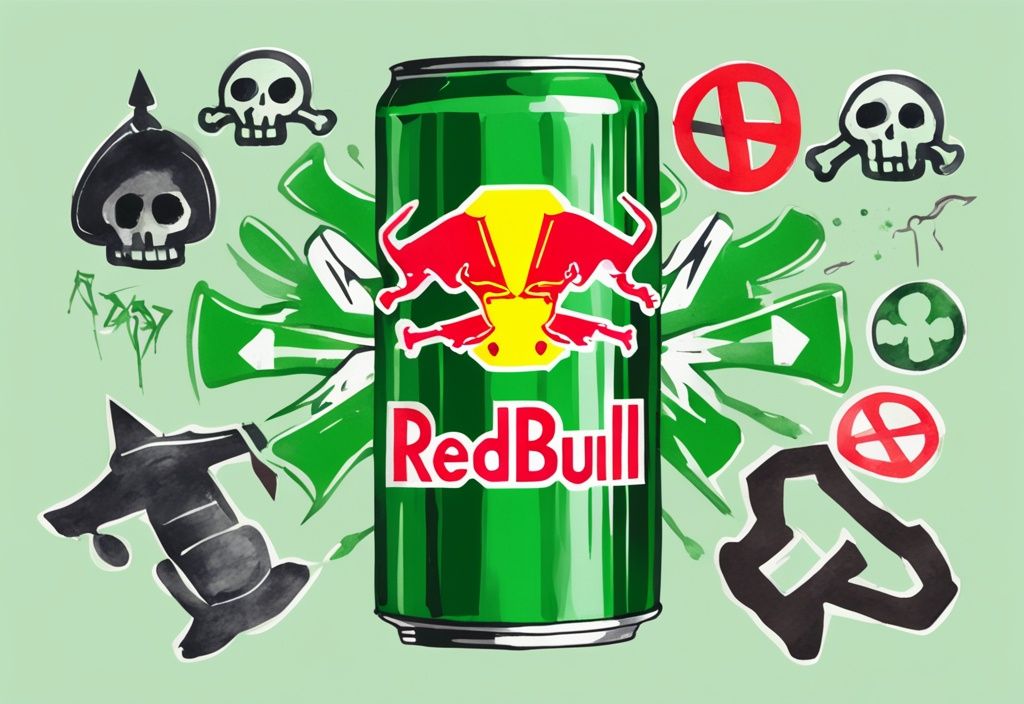
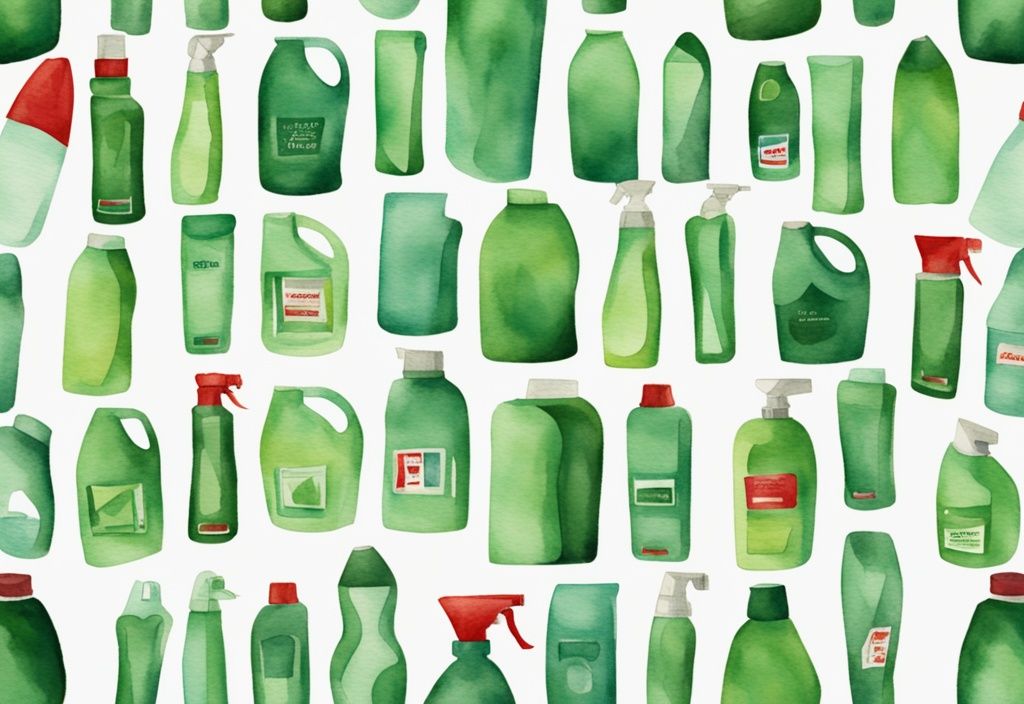

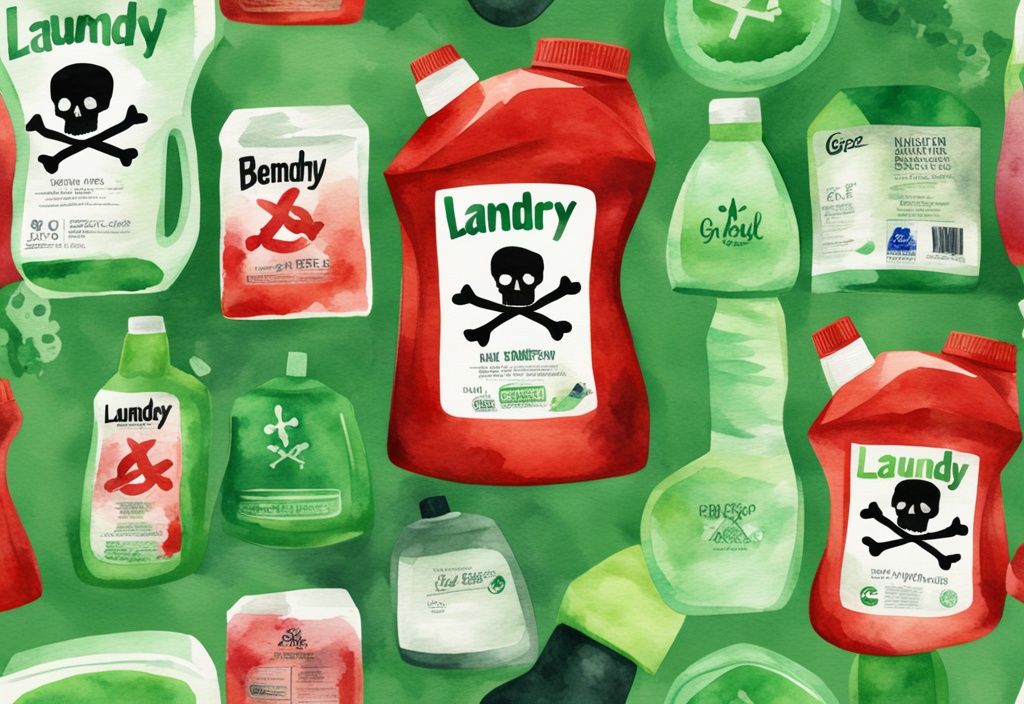










Post Comment